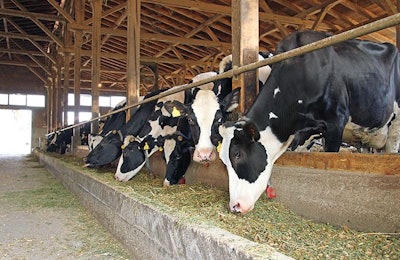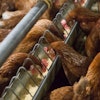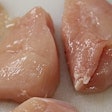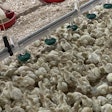
The Food and Agriculture Organization of the United Nations (FAO) says 2 billion of the estimated 50 billion tons of greenhouse gases (GHG) emitted annually come from cattle. Researchers have spent ample time and resources trying to find a solution that would eliminate or minimize the methane cattle emit.
Christine Baes, an associate professor in animal bioscience at the University of Guelph in Ontario, Canada, believes cattle release the methane through burps.
According to CBC, “Baes has been measuring those burps as part of an international research project using genetics to try and figure out how to breed cows who eat more efficiently and produce less methane.”
Baes is working on a study known as the Efficient Dairy Genome Project. It is intended to find a way to produce economically efficient cattle that produce less methane. They’re using hundreds of cows to evaluate how much they eat, how much milk they produce, what’s in the milk and other traits, according to the report from CBC.
Those involved with the study measure the amount of methane released through burps four times a day through a small green machine. “The machine wheels up to the cows, who stick their face in and get a few pellets of food while it records their burps. Unlike human burps, cow burps aren't really audible, so it's hard to tell when they are emitting methane,” the CBC report said.
With these results, they are able to identify cattle that produce less emissions and correlate it with their DNA. This may potentially result in the ability to genetically select cattle for their ability to produce less emissions.
Scientists in five other countries are also collecting data to help support this study.
Other strategies for minimizing ag emissions
While many hypotheses have been tested, results have varied. However, some studies, like the one above, have found positive results.
Switzerland-based Agolin S.A. has developed Agolin Ruminant, a plant-based feed additive that reduces methane emissions from cattle and also improves feed efficiency. The product has been certified by the Carbon Trust Assurance Ltd., a sustainability verification service based in the United Kingdom, and has received an award from The World Alliance for Efficient Solutions, established by the Solar Impulse Foundation.
University of California-Davis is studying whether adding small amounts of seaweed to cattle feed can help reduce their emissions of methane. In a study last spring, researchers found methane emissions were reduced by more than 30 percent in a dozen Holstein cows that ate the seaweed.


















